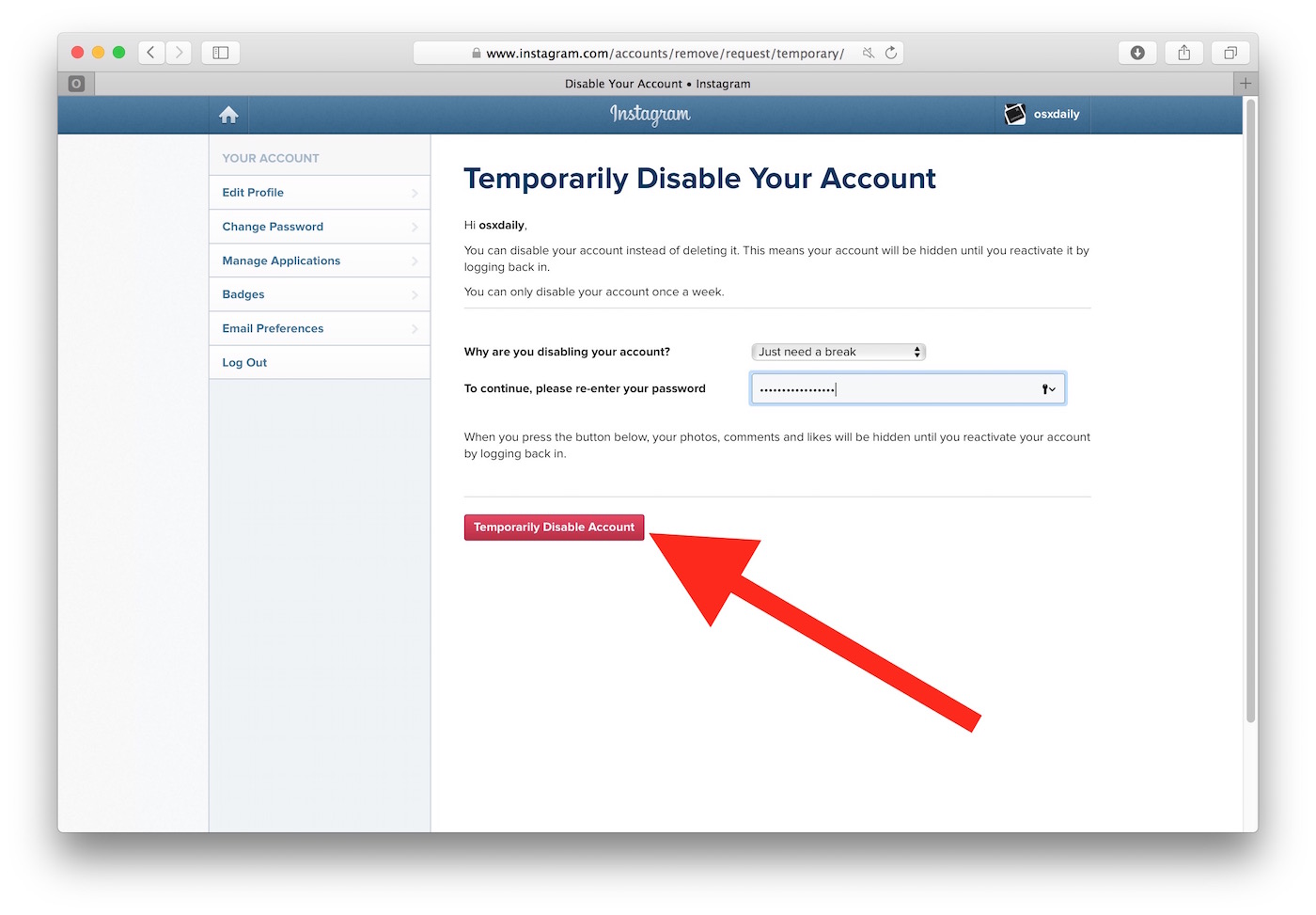Apply Now
Effective Ways to Use Magnesium Citrate for Optimal Relief
Understanding Magnesium Citrate and Its Benefits
Magnesium citrate is a versatile compound that plays a crucial role in several bodily functions. It's primarily recognized for its laxative properties, making it an excellent option for individuals who struggle with constipation. In addition, magnesium citrate has gained popularity as a supplement for improving digestive health, muscle function, and overall wellness. This article will cover the effectiveness of magnesium citrate, including how long it takes to work for various applications, the timing for optimal results, and its duration of action.
Benefitting from magnesium citrate can enhance your health routine, especially as more people recognize its therapeutic potential. The following sections will explore how quickly magnesium citrate acts, its expected effects, and do's and don'ts related to its usage. Understanding the mechanisms behind magnesium citrate can help you utilize its full potential for better health in 2025.
Magnesium Citrate: Mechanism of Action
The effectiveness of magnesium citrate stems from its unique ability to promote bowel movements by drawing water into the intestines. This osmotic effect triggers the laxative properties that offer quick relief for constipation. Furthermore, magnesium citrate aids in muscle relaxation, making it beneficial for alleviating muscle cramps and promoting restful sleep.
In terms of absorption, magnesium citrate is known to have a relatively fast absorption rate when compared to other forms of magnesium. This indicates that magnesium citrate can potentially offer quicker relief for various physical ailments, including digestive issues.
How Quickly Does Magnesium Citrate Work?
A common question is, "how long does magnesium citrate take to work?" Typically, users may begin to feel relief from constipation within 30 minutes to 6 hours after intake, depending on individual responses. For those using magnesium citrate as a dietary supplement, the timing and effects can vary based on factors such as the dosage and whether it is taken on an empty stomach or with food.
Establishing the right timing boosts magnesium citrate's effectiveness. For instance, taking it at night can assist with sleep issues as it helps to relax both your muscles and your mind.
Magnesium Citrate Dosage Timing
When considering magnesium citrate dosage, timing becomes crucial for achieving the desired results. It's recommended to consume magnesium citrate in accordance with your health goals. For digestive health, taking it at least 30 to 60 minutes before a meal provides optimal absorption rates. For relief from constipation, a standard dosage commonly results in effects within a couple of hours.
Ensure to follow dosage instructions closely and consult with a healthcare provider to determine the specific timing and levels best for your individual needs. Overuse can lead to side effects, including diarrhea and electrolyte imbalance.
Magnesium Citrate for Digestive Health
Building on its laxative properties, magnesium citrate is often touted for its benefits in digestive health. The compound not only supports regularity but also contributes to hydration, which is essential for maintaining optimal gut function.
Health Benefits of Magnesium Citrate
In addition to digestive benefits, magnesium citrate plays a pivotal role in electrolyte balance, nerve function, and muscle relaxation. Individuals suffering from muscle cramps may find magnesium citrate exceptionally beneficial, as it helps to alleviate tension through its relaxing qualities.
Moreover, it has been linked to improved cardiovascular health, making it a comprehensive choice for supplementation. Studies have shown that adequate magnesium levels correlate with enhanced physical performance, reduced anxiety, and better overall mental health.
Magnesium Citrate for Constipation Relief
For those dealing with constipation, magnesium citrate serves as an effective over-the-counter laxative. By pulling water into the intestines, it promotes bowel movements and softens stool, reducing straining and discomfort. It’s crucial to consider individual reactions, as some may experience quicker relief while others might find the onset of action varies.
Understanding your body’s response to magnesium citrate is essential. On average, expect a time for magnesium citrate to take effect ranging from 30 minutes to six hours. Keep in mind the duration of action can also be influenced by hydration levels, diet, and any underlying conditions.
Choosing the Right Magnesium Citrate Formulation
When selecting magnesium citrate supplements, consider your texture preference—options include powder, liquid, and tablets. Each formulation may have different magnesium citrate absorption rates, impacting how quickly the effects are felt.
Liquid forms tend to offer quicker absorption compared to tablets, making them a practical choice for fast-acting needs. Also, consider any additives to be aware of potential side effects, including sugary or artificial ingredients that might not sit well with individuals sensitive to those compounds.
Magnesium Citrate Dosage Instructions
When looking to leverage magnesium citrate for effective results, proper dosage is essential. Striking the right balance can lead to significant health benefits while minimizing risks.
Recommended Dosage for Adults
For adults looking to use magnesium citrate for constipation relief, the general recommendation is to start with 10 ounces of fluid, taken at bed or before a meal. For muscle cramps and digestive health, lower doses, around 1-2 teaspoons mixed in water, can be effective without triggering gastrointestinal distress.
Pay attention to your body's signals and adjust dosages accordingly, as individual tolerance can vary significantly. Monitoring your hydration can also enhance the effectiveness of magnesium citrate—make sure to drink plenty of water after taking it to help with absorption.
Side Effects and Safety Considerations
Though magnesium citrate is generally considered safe for most people, it’s crucial to be aware of potential side effects, such as diarrhea, dehydration, and cramps. Contraindications include existing kidney issues or certain heart conditions, where excessive magnesium can pose risks.
Always consult a healthcare provider before starting magnesium citrate, especially if you have chronic health issues or take multiple medications. Shared insights with professionals will help identify any magnesium citrate interactions that could complicate treatment plans.
Magnesium Citrate Timing for Hydration and Performance
Timing magnesium citrate intake can also be beneficial for athletes or those who have high physical demands. Taking magnesium citrate as a supplement post-exercise can assist in recovery and combat muscle soreness. Moreover, maintaining electrolyte balance is crucial for optimal performance; therefore, scheduling intake around workouts can maximize benefits.
Aim to space out magnesium citrate dosages throughout the day to prolong relief effects and synergize with your hydration strategies.
Q&A: Common Questions About Magnesium Citrate
How long does magnesium citrate take to work?
Most individuals can expect effects within 30 minutes to several hours, depending on the purpose of use and individual metabolism.
What is the optimal time to take magnesium citrate?
Taking magnesium citrate on an empty stomach or before meals optimizes absorption and effectiveness, while some prefer evening doses to support sleep.
Can magnesium citrate be used for muscle cramps?
Yes, magnesium citrate is effective for relieving muscle cramps due to its muscle relaxing properties.
Are there any side effects?
While magnesium citrate is safe for many, side effects like diarrhea and abdominal cramping can occur, particularly with high doses.
How does magnesium citrate compare to other magnesium supplements?
Magnesium citrate generally offers faster absorption compared to other forms like magnesium oxide, making it an efficient choice for quick relief.




